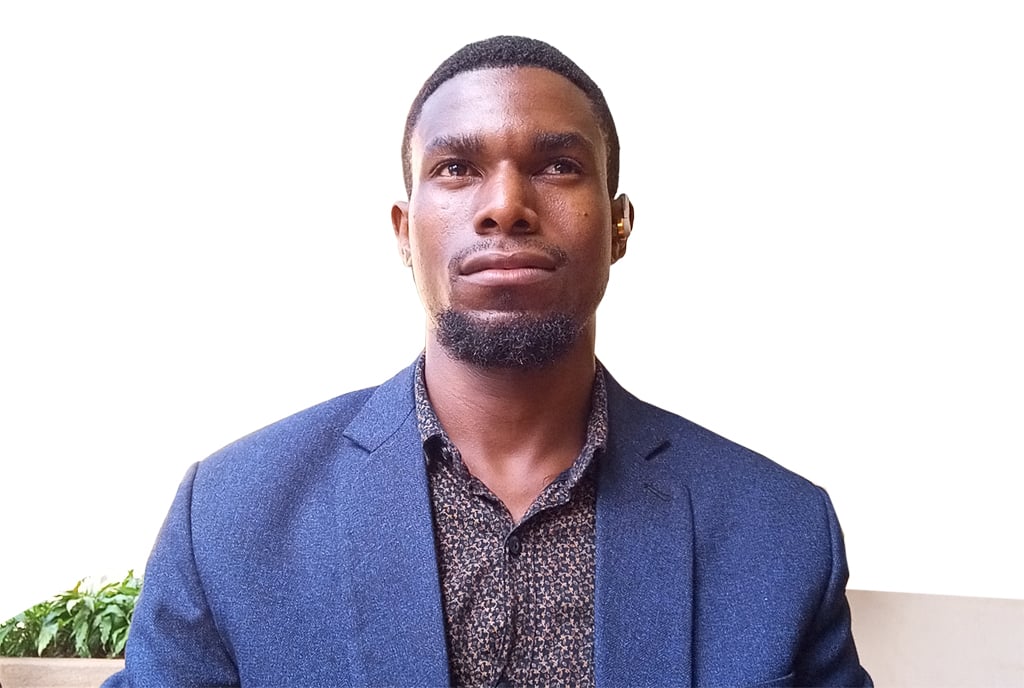Talk to children about disability inclusion

Author: Godfrey Nanyenya
Parents play a key role when it comes to engineering an inclusive society where everyone is accepted by teaching the young generation to embrace disability as diversity.
Although the disability rights movement has made immense progress over the years, we still have a long way to go, when it comes to making sure that our children understand the experiences of disabled people.
As a disability and inclusion specialist, I often encourage parents to talk to their children about disability as a normal topic and the major question is; what’s the best way to approach this conversations?
Normalise disability. Make it clear that disability is a normal part of the human experience by talking about it in a matter-of-fact way. Parents can mention that your friend uses a cane to walk or that a cousin has a hearing aid. Disability is just another part of our diverse world, not something frightening or sad.
Be mindful of language. Do not be afraid to use the words “disability” and “disabled.” Dancing around these words can instill the idea that disability is something to be wary or scared of.
Always encourage parents to work through their own discomfort with the concept of disability and focus on talking about it in a way that does not use a lot of cutesy descriptors and euphemisms. The more straightforward we are in our language, the easier it is to have conversations with our children.
Keep it value neutral. One thing we should say a lot when talking to kids is, ‘disability is neither good nor bad’. It is value neutral. Do not treat disability as something negative to fear, pity or feel awkward about. Statements such as “Oh that’s so sad, they don’t have an arm” or “You are so lucky you’re not like that” are harmful.
There is a tendency to say something like, ‘Oh’ look at that disabled person, you should really admire them. They are so brave. They have overcome so much. That may sound like a compliment, but it’s objectifying disabled people and creates the idea that disabled people only deserve respect for ‘overcoming’ their disability and that disability is so bad that it needs to be risen above.
Don’t shame them for their questions. It is not uncommon for children to ask their parents about disabled people they see in public. This curiosity is totally natural and okay.
It is important that children are not shamed for asking these types of questions. Often, parents will ignore the question or tell the children to be quiet. It is okay to have them ask, and I think the more honest and open dialogue that we can have about disabilities, the less those types of questions will be taboo.”
Shushing your child or telling them they’re being rude sends the message that disability is shameful and taboo. Instead of scolding, make it clear that their questions are welcome and give a straightforward answer, such as, “That person is using a wheelchair to move around.”
Say ‘I don’t know’. Children often ask why someone has a disability. In this situation, it is totally fine to say “I do not know.”
Sometimes, I overhear parents answering with their own assumptions about disability, and they’re usually not accurate. If it’s not feasible to talk to the disabled person in question, parents can simply say they don’t know and explore some possible explanations.
Point out similarities. You can also point out similarities, whether it is a stranger in a wheelchair who is picking out the same brand of ice your child likes or a friend from school who’s in the same club.
The biggest thing to remember is non disabled people can be the best possible allies by engaging in open and honest conversation.
Godfrey Nanyenya is a disability and inclusion specialist working with Joy for Children Uganda




